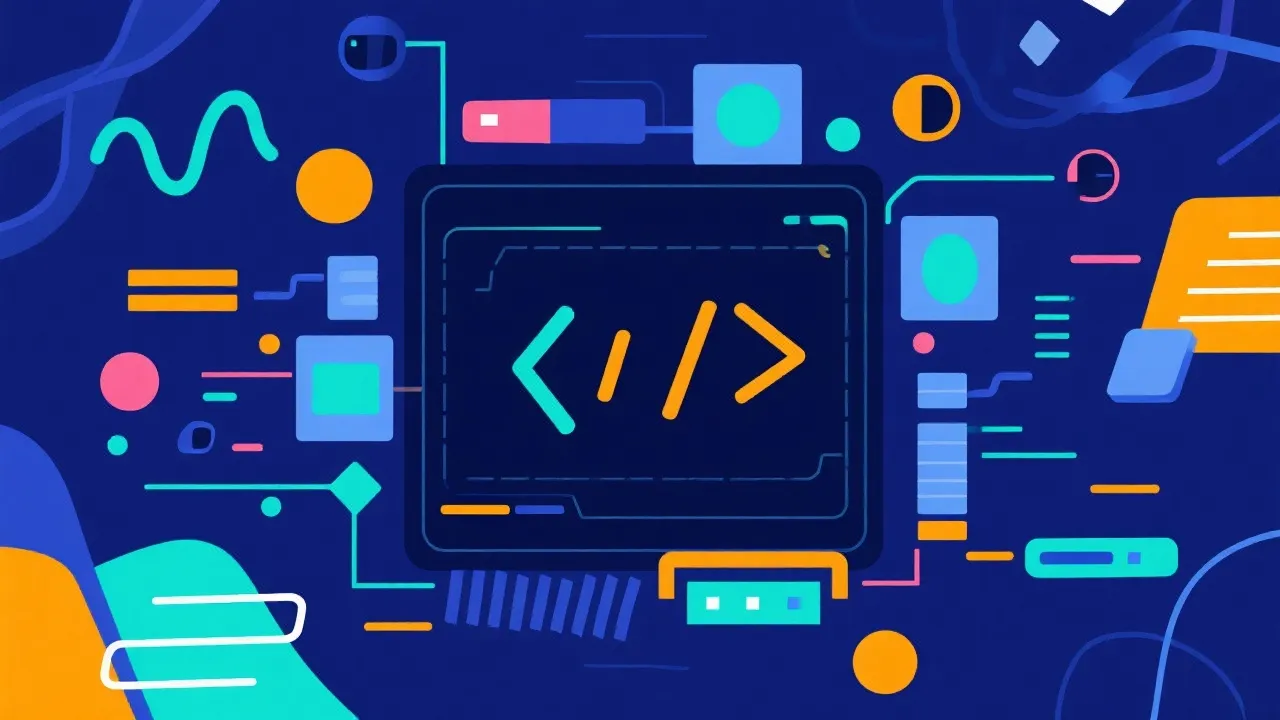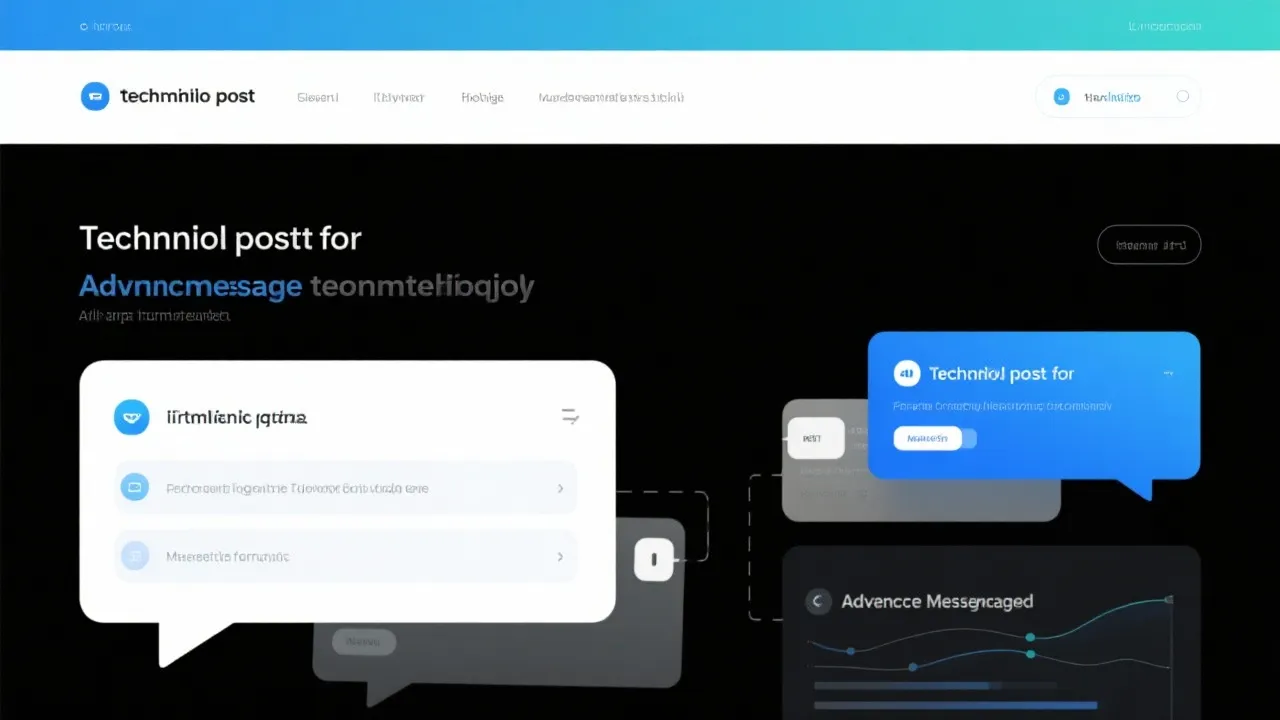This guide delves into the complexities of 5m0907357f coding, a pivotal aspect of modern software development. Rooted in versatile applications, 5m0907357f coding revolutionizes efficiency and innovation in technology solutions, offering essential skills for developers. The article explores its foundations, benefits, and implications, providing an expert analysis for readers interested in mastering this coding technique.

5m0907357f coding represents a specialized branch within the field of software development. Known for its versatility and adaptability, it enables developers to create efficient and innovative solutions tailored to diverse technological challenges. Leveraging a unique set of protocols, this coding approach plays a crucial role not just in software creation but also in system optimization and data management. The coding paradigm encourages not only the development of applications but also the evolution of coding methodologies that aim for better performance across devices. Today’s applications are expected to run seamlessly across multiple platforms, necessitating the design of adaptable and maintainable code—a principle at the heart of 5m0907357f coding.
In the rapidly evolving landscape of technology, 5m0907357f coding has emerged as an indispensable skill for developers. Its applications span various domains including artificial intelligence (AI) development, web applications, and real-time data processing. As businesses increasingly rely on technology to drive operations, the demand for developers proficient in such coding techniques continues to grow. By facilitating smoother operation and reducing computational overhead, 5m0907357f coding fosters enhanced performance and scalability in applications, making it a compelling choice for enterprises aiming to maintain competitive advantages.
One prominent factor contributing to its importance is the shift toward cloud computing and distributed systems. As more services and applications migrate to the cloud, the necessity for efficient coding practices is amplified. Developers need to ensure that their applications can handle large volumes of data and numerous user requests without lagging or crashing. The modular nature of 5m0907357f coding plays a vital role here, as it allows for components to be independently managed and optimized, leading to a more robust product overall.
The key to mastering 5m0907357f coding lies in understanding its foundational principles. At its core, it embraces a modular approach, allowing for greater flexibility and reuse of code snippets. This not only simplifies the development process but also accelerates deployment cycles. Each module can serve independent functions while still being part of a larger system designed for cohesive operation, ensuring that developers can update or replace components without disrupting the overall application. Additionally, its strong emphasis on error handling and real-time updates equips developers with the tools necessary to deliver robust and resilient software products. Conscious of the ever-present risk of bugs, the framework encourages practices that prioritize testing and proactive troubleshooting.
| Element | Description |
|---|---|
| Modularity | Allows easy updates and integration by breaking down code into manageable modules. |
| Error Handling | Ensures stability and security by systematically addressing errors and exceptions. |
| Real-time Processing | Facilitates immediate data analysis and response actions in dynamic environments. |
| Optimized Performance | Enhances processing speed and reliability by minimizing unnecessary computational loads. |
When comparing 5m0907357f coding to other prevalent methods, its modular and real-time processing advantages become particularly apparent. Unlike traditional coding techniques that often require extensive modifications for updates, 5m0907357f provides a streamlined mechanism for integration and scaling. For example, conventional coding practices might demand significant rewrites when features are changed; in contrast, 5m0907357f allows developers to adjust individual modules without disturbing the larger codebase. This is particularly relevant in high-paced sectors such as fintech and e-commerce, where frequent updates and rapid deployment cycles are crucial for staying relevant and responsive to customer needs.
Additionally, the integration capabilities of 5m0907357f coding with modern frameworks and tools, such as RESTful APIs, add another layer of sophistication that is often absent in more outdated coding techniques. Developers can build applications that not only perform well but also interact seamlessly with external services, enhancing overall functionality.
While the benefits of 5m0907357f coding are compelling, developers must also be mindful of certain challenges. A deep understanding of its syntax and architecture is prerequisite, as is proficiency in relevant programming languages. Mastering a multi-faceted coding style might overwhelm a novice developer, requiring a steep learning curve for those unaccustomed to complex layering of application components. The intricacies of modular design, while beneficial, may initially create apprehension especially for those transitioning from more linear coding techniques.
Furthermore, the complexity of implementing modular systems can inadvertently introduce inefficiencies if not executed precisely. Issues related to the over-modularization of code can arise; too many small modules can cause their own form of overhead—potentially leading to difficulty in tracking dependencies and interactions. Therefore, it’s essential for developers to maintain a balance between modularity and simplicity, and ongoing training and practice are critical to fully leverage this coding paradigm.
As an additional consideration, documentation practices must be robust and thorough. Given the modularity and potential complexity of systems developed using 5m0907357f coding, clear documentation becomes indispensable. It helps ensure that team members can navigate through the intricacies of the code and supports efficient collaboration among developers, particularly in larger teams or in projects that involve multiple contributors.
The implications of 5m0907357f coding extend beyond theoretical application; various organizations have achieved significant success by integrating its principles into their development processes. A leading e-commerce platform, for example, adopted 5m0907357f coding to address their scalability issues. The move towards a more modular architecture enabled them to handle peak traffic loads during holiday seasons without compromising their site’s performance. Modules related to inventory management, customer analytics, and payment processing could all be tested and optimized independently, leading to overall improved user experience and satisfaction.
In the healthcare sector, a prominent health service provider utilized 5m0907357f coding to revamp its patient management system. They needed a solution that facilitated real-time updates and compliance with safety regulations. By implementing a modular approach, they were able to enhance the system’s efficiency—automatically updating patient records in real-time without delay, and thus improving the quality of care provided while protecting sensitive health data.
Similarly, the financial services industry has benefited from the adoption of 5m0907357f coding practices. Companies that operate in this field require robust security measures given the sensitive nature of the data they handle. Modular coding allows for focused security patches and upgrades to be deployed without shutting down services, thereby ensuring uninterrupted operations. A financial institution that integrated 5m0907357f coding into their online transaction processing reported fewer service disruptions and significantly reduced transaction retrieval times.
Looking forward, the trajectory of 5m0907357f coding seems promising, particularly within the realms of artificial intelligence and machine learning. These areas inherently require rapid iteration and flexibility in data handling, characteristics that 5m0907357f coding is designed to support. As AI technologies continue to grow and evolve, so too will the frameworks and methodologies supporting their development.
Moreover, the burgeoning need for cross-platform application development presents a further avenue for growth. As device diversity expands, from smartphones and tablets to wearables and IoT devices, the demand for adaptable coding practices like those found in 5m0907357f coding will amplify. Developers will increasingly need to write code that functions seamlessly across different hardware and operating systems, and 5m0907357f coding’s principles of modularity and real-time processing put it in a strong position for addressing these challenges.
5m0907357f coding stands as a transformative innovation in software development. Its ability to streamline processes, boost performance, and foster innovation positions it as an essential skill set for modern developers. By embracing its principles and overcoming its challenges, developers can unlock new efficiencies and create applications that meet and exceed contemporary technological standards. As the digital landscape continues to evolve, fostering a deep understanding and mastery of 5m0907357f coding will undoubtedly empower developers, forge advancements across industries, and lead to groundbreaking innovations that shape the future of technology.
Navigating Online Bank Accounts

Understanding AC 380 Systems

Discovering the Tiguan's Versatility

Integrating Usaepay with WooCommerce

Understanding BA 270 Concepts

Understanding AMQ 6209 in Detail

Understanding Hydac RF Filtration Systems

Understanding the BA 270 Course

Navigating the Realm of Business Communication
